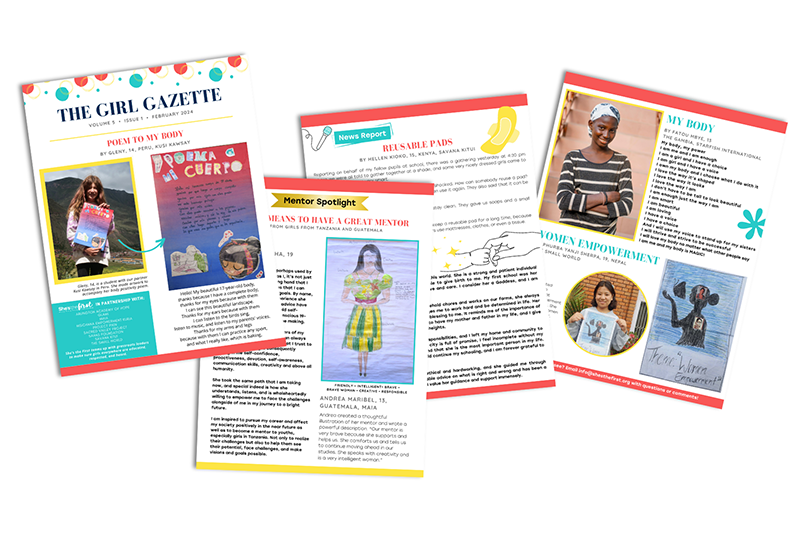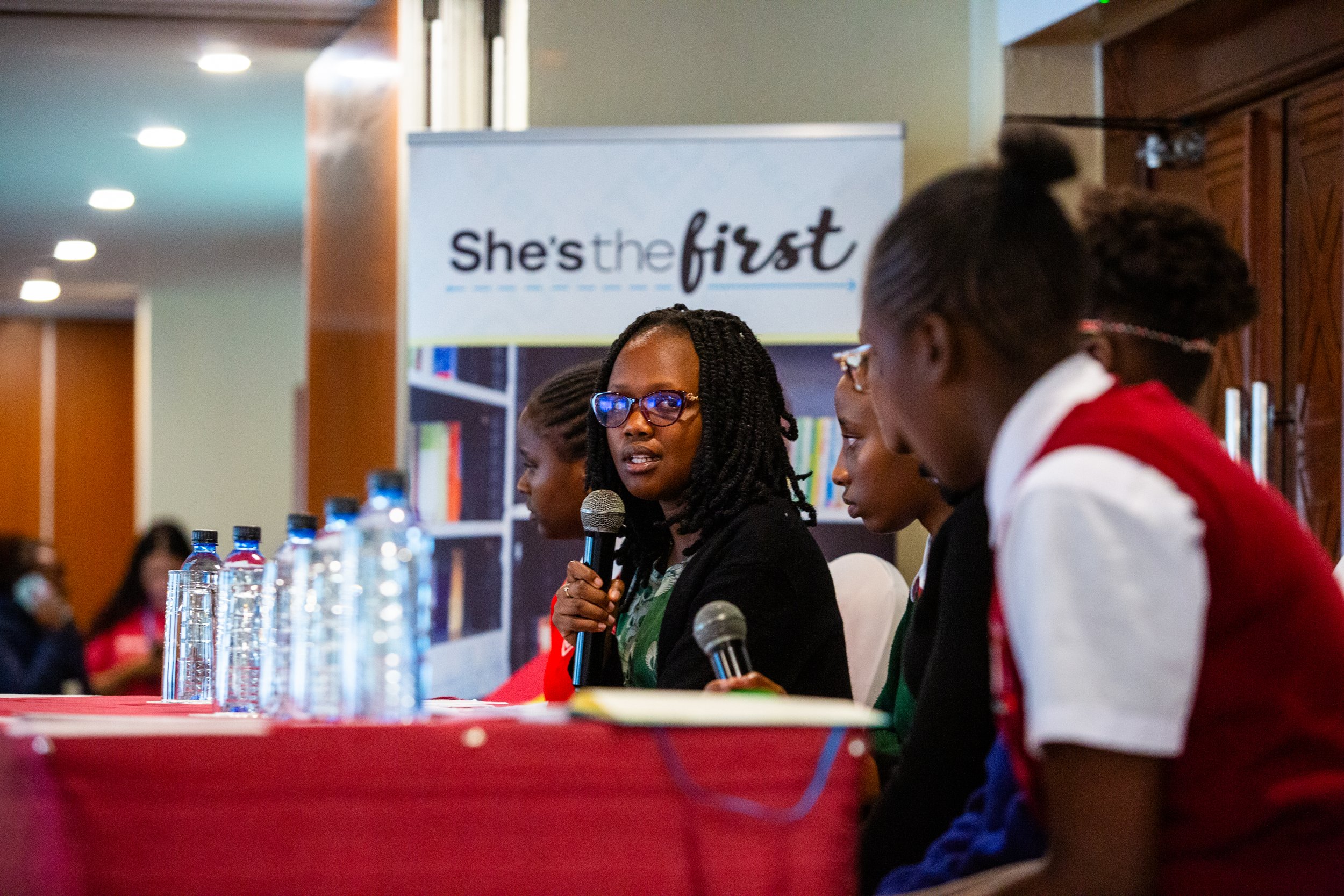By: Ariel Kurtz, New York City
The right to quality, free education—as outlined in the Girls’ Bill of Rights which She’s the First co-organized almost exactly a year ago—is extremely personal to me.
And here’s why: I was born three and a half months premature on a snowy Christmas Eve afternoon in the mid-’90s. I’m the oldest of twins. Due to my prematurity, I had complications. Starting from a very young age, I was put in Occupational Therapy and Speech Therapy. When I was in elementary school, I struggled learning how to tie my shoes and putting my hair up in a ponytail.
“Girls with disabilities around the world deserve to have the right to an equal education and to have their accommodations met.”
According to the CDC, 1 in every 4 people have some type of disability. So many people think you only have a disability if it is visible. Walkers, wheelchairs, and hearing aids are examples of some common visible disabilities. Disabilities can also be invisible, like learning disabilities or a chronic illness. In the United States, the American With Disabilities Act requires employers to make reasonable accommodations, if you identify as someone with disabilities. Not every country or community has this in place to protect those with disabilities, to offer the accommodations that they need, especially those in the school systems. So many girls around the world don’t have access to equal education at all, compared to their male counterparts. All girls around the world deserve equal education. Girls with disabilities around the world deserve to have the right to an equal education and to have their accommodations met.
My single mother fought for me to have all the services I needed. When I started school, my twin and I needed different services. We went to two different schools and had two different bus stops and school schedules. After I finished kindergarten, I moved from a town on the South Shore of Long Island to my mom’s hometown on the North Shore of Long Island. My brother and I were going to our new school together, though in different classrooms. The school district we moved to had a myriad of school services for students with disabilities. For the most part throughout elementary school, I was mainstreamed in my school classes and I was active in the Newspaper and Literary Magazine club. I also played the violin and sang in the chorus, just like any other student.
“I know that I’m more than my disabilities.”
When I hit middle school, everything seemed to change. I was really struggling with math (which I never liked) and I was put into a Resource Room program, where for one period of the school day, I would get extra help with my homework and I would now get extra time on tests. I would also now take them in a separate location, different from my classmates. When my friends would later talk about their Spanish or French classes in high school, I would feel left out because I had a foreign language waiver and I wasn’t allowed to take a language. There are some days when I feel frustrated that I can’t carry heavy things or when I still struggle to button buttons, but I know that I’m more than my disabilities.
Everyone needs to know: Girls everywhere deserve to have the right to education and girls with disabilities deserve an equal education and the necessary accommodations.
Ariel Kurtz (She/Hers/Her) is a performer and writer based in New York City who stands for love, intersectional feminism, and accessibility. If you would like to learn more about her, you can visit her website www.ArielKurtz.com.






